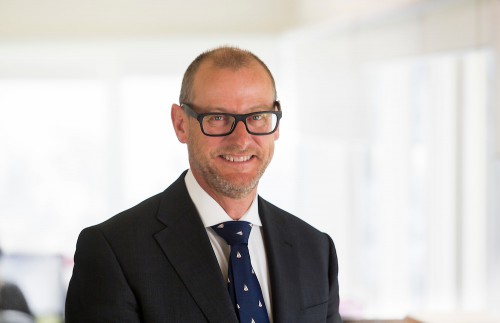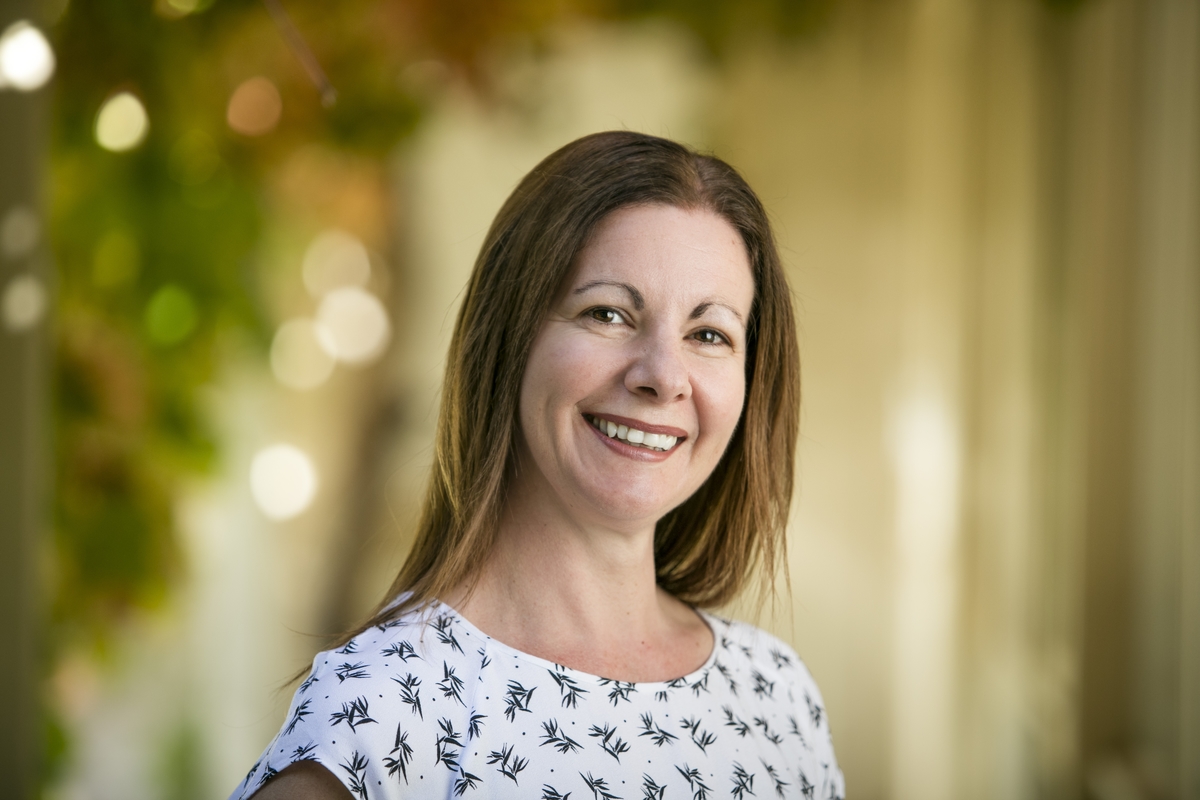Breast Augmentation
Our breast augmentation in Melbourne using artificial implants may be an option for women who are not satisfied with their breast shape and size due to insufficient development, disease, trauma or post-pregnancy loss.
While healthy women of any age can have our breast augmentation procedure, Dr Breidahl generally recommends waiting until breast development, childbirth and breast feeding have finished.
Reasons for Breast Augmentation
To increase breast volume and change breast in a woman whos contours have changed due due to inadequate development or subsequent shrinkage, for example, after pregnancy and breastfeeding.
To balance the size and shape of the breasts if they are unequal, although it is important to appreciate that both breasts, nipples and areola are never exactly the same size and shape.
Breast Implants
All implants currently used in Australia consist of a silicone bag containing:
- Silicone gel, or
- Saline (a weak salt solution similar to body fluids)
The implants have a thick, outer silicone-rubber shell with either a smooth or textured surface. Silicones are a type of plastic, which can be liquid, gel or solid. Silicones have been successfully used in many types of medical devices implanted into the body for many decades. Breast implants are manufactured under strict quality controls to reduce the risk of rupture, gel leakage, capsule formation and other problems. However, manufactures and surgeons cannot guarantee that the use of implants will not lead to side effects or complications.
Before Surgery
Do not take any aspirin, medicines containing aspirin (such as cough syrups), large amounts of any vitamins, or anti-inflammatory medicines for at least 10 days before surgery because they increase the risk of excessive bleeding during and after surgery. Smoking increases surgical and anaesthetic risks and should always be stopped at least two weeks before surgery.
Tell Dr. Breidahl before surgery if you have had:
- An allergy or bad reaction to antibiotics, anaesthetic drugs or any other medicine
- Prolonged bleeding or excessive bruising when injured
- A connective-tissue disorder such as rheumatoid arthritis, scleroderma, lupus erythematosis or any other arthritis-like disorder.
- Any long-term or recent illnesses
- Previous surgery for breast cancer, or radiotherapy to the breast
- Breast implants previously
- Any bad scars after previous surgery
- Psychological or psychiatric illness.
Anaesthesia
The procedure can be done under general anaesthesia (where the patient is asleep). Modern anaesthesia is safe and effective, but does have risks. Rarely, side effects from an anaesthetic can be life-threatening.
Surgical Approaches
The preferred locations of the incision to insert a breast implant are:
- In the fold of skin under the breast (“inframammary” approach). Or
- Across or around the bottom or outer edge of the areola (“areolar/periareolar” approach), or
- The lower portion of the armpit, next to the chest (“transaxillary” approach).
Placement of Implants
Implants are placed behind the breast not within breast tissue. Dr. Breidahl inserts the implant either:
- Between the breast tissue and the chest muscle, or
- Behind the large chest muscle called the pectoralis.
Each position has its advantages and disadvantages. Dr. Breidahl can provide further details and will recommend which position is likely to be most suitable for you. To allow blood and fluid to drain during the first few days of healing, Dr. Breidahl may insert a drainage tube that is easily removed with little discomfort.
Recovery
Pain relief will be required for two or three days. Do not drive while you are taking a prescription pain reliever or sedative. Take it easy on the first day, and get a lot of rest. Drink plenty of fluids, and eat nourishing foods when you feel able.All surgery results in some swelling and bruising, so you should expect this for one or two weeks.Strenuous athletic activities should be restricted for at least three weeks after surgery. Sex can usually be resumed after the first week or when comfortable.If you smoke, quit. Smoking interferes markedly with healing and is a risk factor in breast cancer.
Other issues with breast implants
Outcome in the long term: Breast size and shape will change due to pregnancy, weight loss and weight gain, and as a normal process of ageing. Breast implants will not stop the effects on breast size and shape caused by these situations.Recommended further reading: The Therapeutic Goods Administration of the Commonwealth Department of Health and Family Service s in Canberra has published a pamphlet entitled Breast Implant Information Booklet, which is recommended. It is available from Dr. Breidahl’s office or may be viewed and downloaded from http://www.health.gov.au/tga/docs/html/breasti.htm.
All surgery carries with it risks and complications. See here for a summary of the common risks. Risks specific to both your personal situation and the specific procedures you are seeking will be discussed in detail at your appointment with Dr Breidahl.
Team
Dr. Alan Breidahl
Dr. Alan BreidahlPlastic and Reconstructive Surgeon Dr. Alan Breidahl is one of Australia’s most respected Plastic and Reconstructive Surgeons. He is a specialist in post-traumatic and cleft lip-associated Rhinoplasty and has over 20 years clinical experience in all...
Lee Kuzma
Lee KuzmaDivision 1 Nurse and Dermal Therapist With over 20 years of nursing experience and 15 years of dermal therapy experience, including anti-wrinkle injections, dermal fillers, IPL, peels and microdermabrasion, Lee is highly skilled to bring the best out in your...
Sonia Gemin
Sonia GeminDivision 1 Post-operative Care Nurse Our always smiling and cheerful post-operative care nurse, Sonia has over 15 years’ experience in Plastic Surgery Nursing in both public and private hospitals. With a graduate certificate in Plastic Surgery and Wound...
Contact



